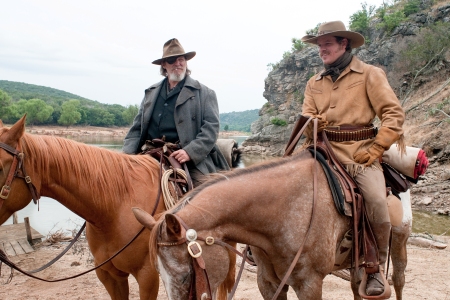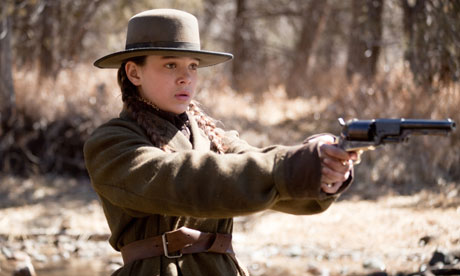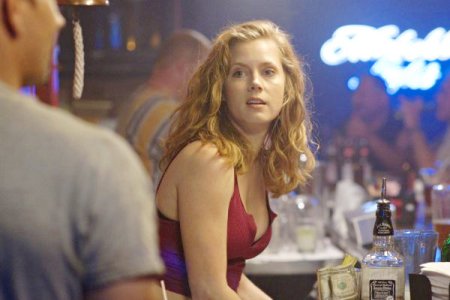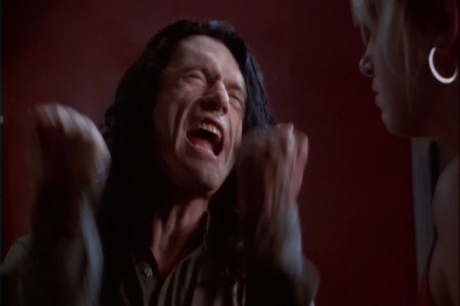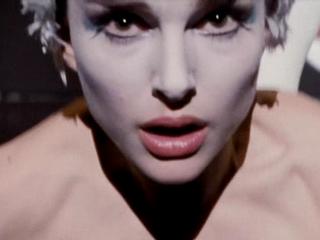 It must be hard to make a speech to an entire nation, but I imagine it's even more difficult to have to do it with a speech impediment. "The King's Speech" manages to bring history's most insecure king's struggle to life, one oblique angle at a time.
It must be hard to make a speech to an entire nation, but I imagine it's even more difficult to have to do it with a speech impediment. "The King's Speech" manages to bring history's most insecure king's struggle to life, one oblique angle at a time. "The King's Speech" does the extraordinary by making British royalty both sympathetic and not at all boring. I guess people are just more interesting when they're facing total ruin from an evil foreign power.
For those who need to brush up on their history (like me), "The King's Speech" is a biography on King George VI (Colin Firth). It begins in the days when he was still Duke of York, to his rise to the throne in the wake of World War II.

George's path to power is blocked by his speech impediment, a problem which prevents him from speaking in public. So, his wife (Helena Bonham Carter) hires speech doctor Lionel Lougue (Geoffrey Rush) to help him get rid of his confining stutter. Throughout the years, Louge becomes both a doctor and a life coach to George.
That man playing the king is someone who has hopefully become a household name by now, because his acting ability is too good to ignore. Firth turns a character that might've been cold and unsympathetic into someone who is both warm and funny, a man who under his problems is radiating with personality and life.
Firth is also one of the most emotional actors working today, and Hollywood's best crier. I still remember that first scene in "A Single Man" when he breaks down into silent rage. Nobody knew anything about this character, but still, we wanted to cry with him.

As an actor, Firth does best when given as little to say as possible. Even in a film about the importance of rhetoric, Firth's silence is a dominating factor.
Not only is "The King's Speech" wonderfully acted, it's also wonderfully told. What could have been dated and stale historical nonfiction feels so alive and modern; the characters of the past feel as tangible and relatable as characters in the present would. The fantastic screenplay, written by David Seidler, brings fascinating historical depth and great moments of comic relief when needed.
The man who deserves the biggest praise for the success of "The King's Speech" is director Tom Hopper. The rookie British director directs like an old pro. It is both claustrophobic and emotionally shot. The best example of the superb directing would be that first scene. Everything from the way the camera is slightly tilted to how the frame is slightly blurred represent a nervous tension leading up to the opening speech. You could look at that, or the subtle imagery, like the way the microphone is placed in front of George's mouth to look almost like a muzzle, or a cage. The best directed films are the ones you have to look at with the keenest eye, and find the greatest little details.
"The King's Speech" is even better than the Oscar-begging period piece it appears to be. It will be raking in the Oscar nominations this year because it deserves it, and that is a rare find nowadays.




